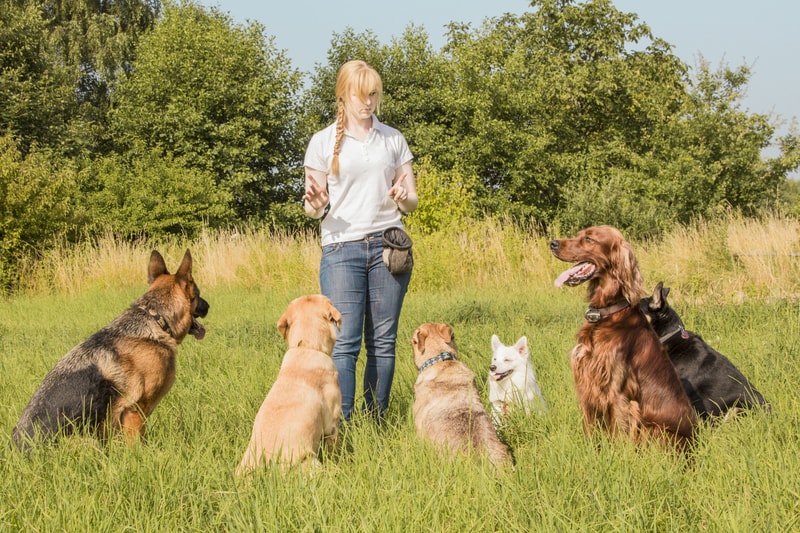Do you ever feel like a dog is the only creature that understands you? Well, apparently dogs do understand a lot more than we used to think.
At least that's the word from a new study published in Science magazine that was done at Eötvös Loránd University in Budapest, Hungary. The researchers there took 13 dogs of various breeds and monitored their brain waves as they were played recordings of their trainer speaking to them. The point was to try and understand what exactly dog's respond to when we speak to them. Do they actually understand the words?
What you say and how you say it
There are two main factors involved in human speech: language and intonation. Language is the words that we speak and the meaning that those words carry. Some sentences mean pretty much the same thing all the time. Take, "It's time to wake up." Not a lot of grey area there (now get up already!).
But intonation — the tone and phrasing that we use to say something — can radically change the meaning of a sentence. Usually when you say "This is the best day ever!", it means exactly what the words suggest. This is one terrific day. But if you say the same sentence in a flat, emotionless tone, chances are that it means the complete opposite. What you are trying to say is that this is actually a terrible day and you're using sarcasm to make a joke. The way that we combine language and intonation is the key to how we communicate verbally with each other.
Left and right
Dogs don't use words, but according to head researcher Atilla Andics, they understand a lot of them. And they also understand our intonation. Using the left and right halves of their brains, dogs combine words and intonation to create the full picture of what humans mean when they speak to them.
To prove this, Andics set up an experiment where the dogs received three types of phrases: A command with the approproate intonation (such as "Good boy!" said excitedly); the same command with normal intonation ("Good boy."); and jibberish said excitedly. Time and again, the study showed that dogs responded best to the first example. No surprise there.
But the second type of phrase also received a decent response. The third phrase, however, was generally ignored. What does that mean? Well, not only do dogs understand how intonation adds to the meaning of words, they also understand certain words all by themselves. Even if the trainer camouflages a familiar word by using a strange intonation, dogs still pick it out. And finally, dogs aren't fooled by intonation alone. Though they can recognize and respond to intonation — when you are happy, sad, angry, afraid — they seem to understand that words are important, too.
In other words: dogs are smart. And they're always listening...
 Dogs can process both the words and how we say them to fully understand our speech. (© Filippo Romeo | Dreamstime.com)
Dogs can process both the words and how we say them to fully understand our speech. (© Filippo Romeo | Dreamstime.com)










😯 that’s amazing!
I knew dogs were smart but not that smart.
I love dogs 😆 😆 😆 😆 😆 😆 😆 😆
Super Cool! Using this for my homework!
😆 😛